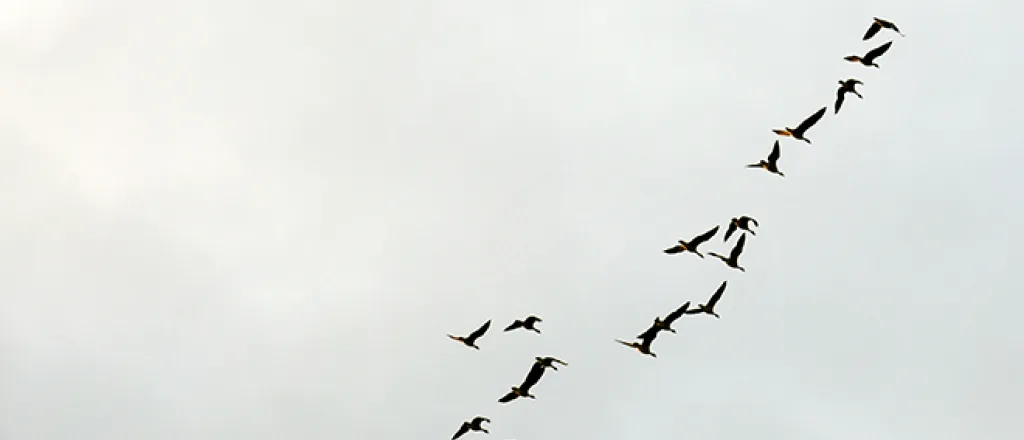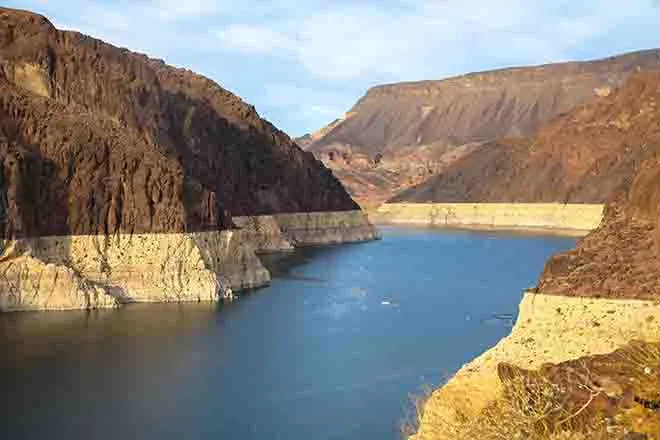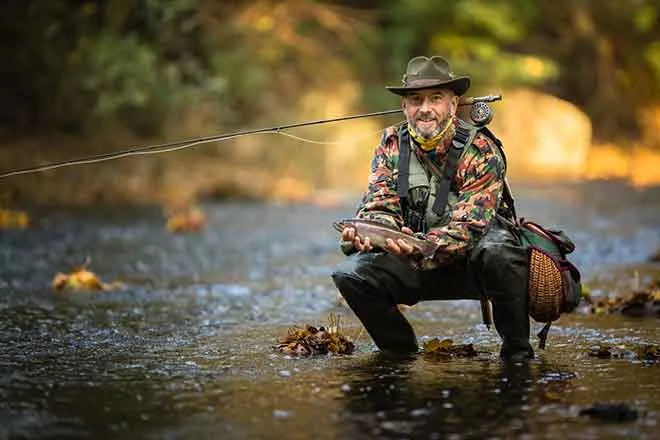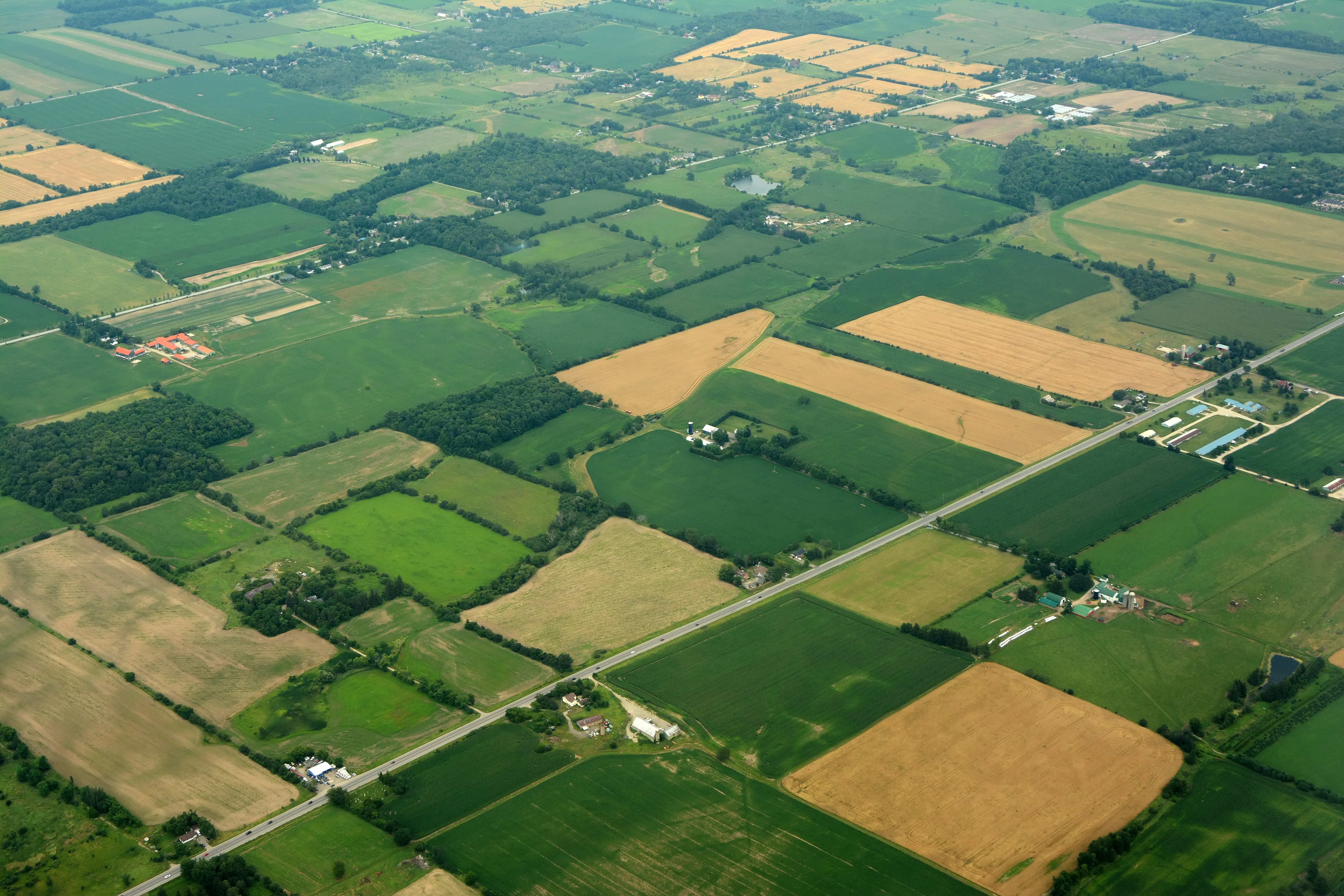
Interior invests $120 million in Midwest 'prairie potholes'
(Iowa News Service) As part of the Inflation Reduction Act, the Interior Department has announced it is investing $120 million to restore and rebuild key segments of America's wildlife management systems, especially in key areas of the Midwest.
The money will be used to address species climate adaptation and invasive species threats, and provide additional data collection needed to support successful natural resource resilience. The money will be especially important in high-priority areas of the Midwest known as Prairie Potholes.
Christy Plumer, chief conservation officer for the Theodore Roosevelt Conservation Partnership, said the potholes are shallow wetlands where wildlife have been threatened.
"It is what we call the duck factory," Plumer explained. "A lot of waterfowl species spend really important components of their life within the Prairie Pothole region. It is a region that has a complicated set of both threats and opportunities within it."
Some $23 million is earmarked for landscape conservation and restoration in parts of Iowa, Minnesota, Montana, and North and South Dakota. The investment comes at the same time the Endangered Species Act turns 50 years old.
Plumer added much of the $120 million investment will go right to work on the land of individuals who want to protect sensitive, low-lying wetlands on their property ...
"... but still utilize the upland areas for growing crops, ranching and for other needs," Plumer emphasized. "I think a program like this provides that blend of opportunities for willing landowners to do great conservation work while also thinking long term about the economic vitality of their farms and their ranches."
Plumer noted in addition to restoring habitat and increasing land resilience, the Prairie Potholes project will also secure environmental justice for historically disadvantaged communities.
















